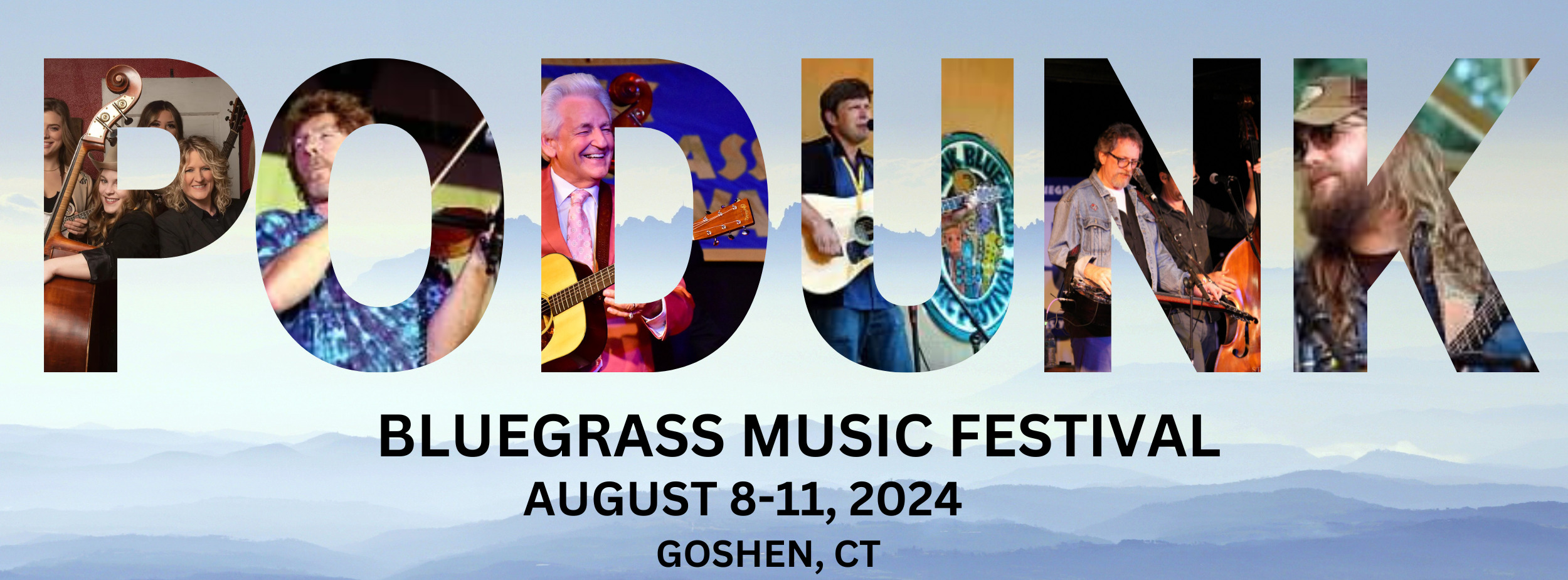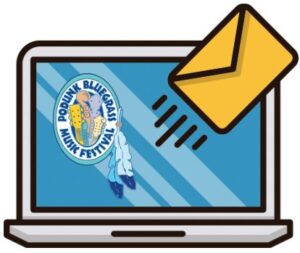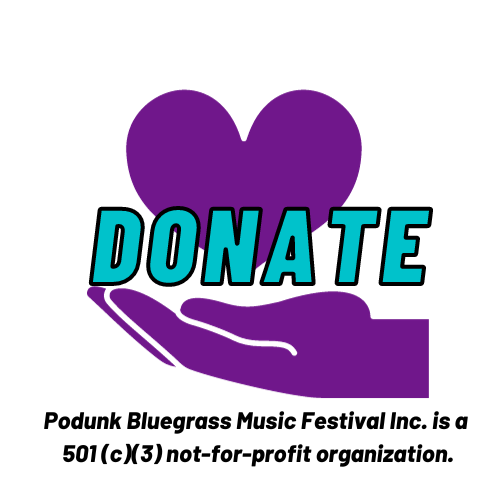PO’ RAMBLIN’ BOYS
2020 SPBGMA Song of the Year – Next Train South. 2019 IBMA Song Of The Year NOMINEE – Next Train South. 2018 IBMA Emerging Artist of the Year. Nominated for Best Bluegrass Album at 62nd Grammy Awards 2020.

At a time when most people feel constantly distracted by technology and barraged by the news, authenticity and straightforward honesty are paramount. There’s something about the music of The Po’ Ramblin’ Boys that cuts right through the noise of the world and speaks plainly to the soul. Formed in the Smoky Mountains, The Po’ Ramblin’ Boys are at once exactly what you would expect and not at all what you would expect from a tattooed East Tennessee Bluegrass outfit. No strangers to hard work, the boys are as much at home riding in their 1965 GM Tour bus as they are crawling underneath to fix it when it needs maintenance. But they take pride in being ambassadors of their genre, and the group has brought their music from rural bluegrass festival stages to the rock clubs of Europe, with stunning results. “I think to a certain extent everyone is just craving music that they can feel, and any music that feels real will reach any audience,” says CJ Lewandowski, the group’s founder, “We want to put bluegrass right where it’s least expected”.
Lewandowski was working at Ole Smoky Moonshine Distillery in Sevierville, TN when the band first formed. The distillery employed musicians to play for visitors seven days a week, and Lewandowski, who primarily plays Mandolin and sings, was occasionally hired to fill in when the entertainment didn’t show. Eventually, the distillery approached him about forming a band for a full-time slot, so he reached out to long-time music friends Jereme Brown, who plays banjo for the group, and Josh Rinkel, who plays guitar. “Jereme was doing a lot of welding work at that time, and Josh was running a sign company”, says Lewandowski, “I think we were all ready to do something new, something with our music but we didn’t know when or how”. Bassist Jasper Lorentzen happened to be working in the tasting room at the distillery, and he turned out to be the perfect final addition to the band. The four friends played multiple times a week for a year and a half, honing their band sound, meanwhile, word was spreading about their music. “The first g
ig we played out of town was a festival in Alberta, Canada, and a week later we went on a two-week tour of Europe, it was crazy”, says Lewandowski.

Material for the group’s debut album “Back To The Mountains”, was a combination of original songs and old numbers that honor the group’s mentors and bluegrass heroes. “We love to dig up old songs that haven’t been heard in years and bring them back into the spotlight”, explains Lewandowski. It’s no surprise, then, that their latest single “Next Train South”, is a song cut by one of Lewandowski’s teachers from his native Missouri. “This song hasn’t been recorded since 1974 when it was recorded by Dub Crouch, Norman Ford, and the Bluegrass Rounders,” he says. “Dub was a guy that I learned from back in the day. He was a close friend, and I was with him the day before he died. He was a popular guy for his region, but his music was not as well known on the national circuit. That’s why we love to sing these songs, because when we take these songs and bring them to a larger audience, our heroes and their music will not be forgotten”.
The Po’ Ramblin’ Boys’ passion for bluegrass is as clear as it is contagious. With a heavy touring schedule across the United States and Europe and a recently signed record deal with the esteemed Rounder Records, the Boys are well on their way to becoming the quintessential bluegrass band of their generation. Despite all of their recent success, they maintain a humble
perspective. “Bluegrass has left such a mark on us that we feel like we owe something back to the music”, says Lewandowski. “We want to do something for the music to show our
appreciation… There’s no telling what could have happened to us, what we would have become if we hadn’t found this music. It’s gotten us through a lot, the good and the bad. When I think about all of the damn medications that I didn’t have to take because I had music to turn to. We didn’t have to go to the doctor and pay for something to make us feel better, because we had this music, so we really want to honor it by bringing it out of the shadows and onto new stages and wider audiences. Because we know that if we can bring Bluegrass to new folks, those folks will come with us and support the bluegrass community


